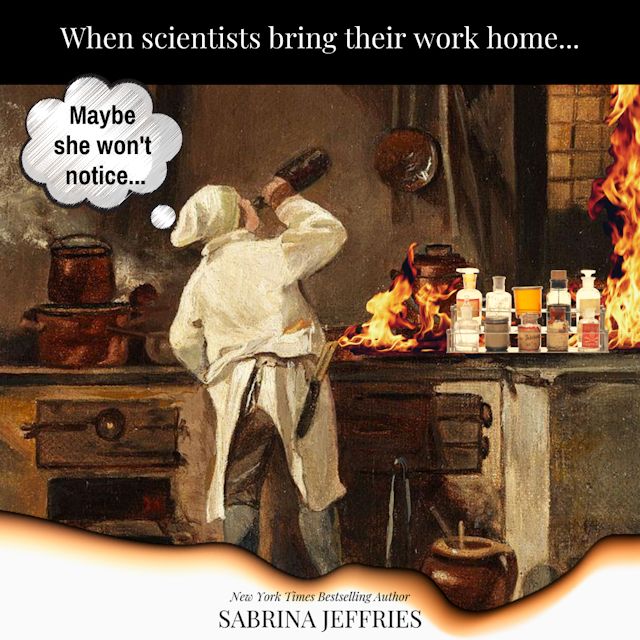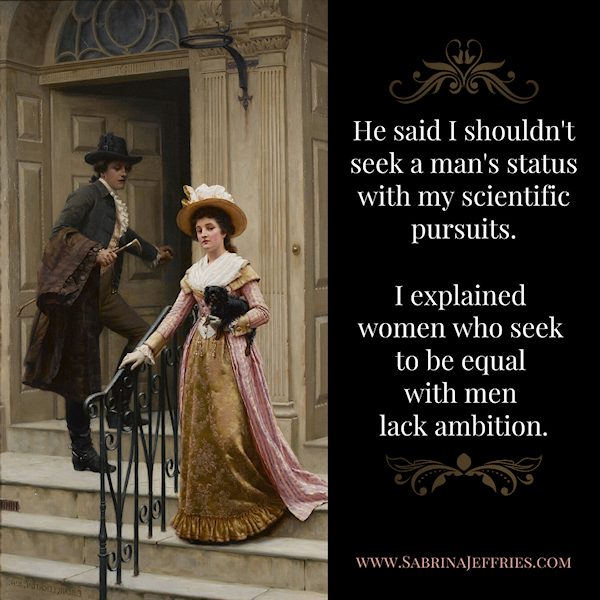Early Chemists

Beyond taking chemistry in college, I know very little about it, so I did a great deal of research for this particular book. I spent FAR too much time watching videos of experiments, but at least I got a direct sense of how certain chemicals reacted to each other. And I found some funny stories about early chemists. There was Christian Friedrich Schönbein (inventor of the fuel cell and guncotton and discoverer of ozone) who, in 1845, despite having promised his wife not to experiment in their kitchen, was doing so while she was away and used her apron to sop up a combo of nitric acid and sulfuric acid. Then he hung the apron over the stove to dry and it ignited and burned to ash so quickly that it seemed to vanish! I sure hope it wasn’t his wife’s favorite, although I can totally see Olivia doing something like that (accidentally, of course) to her husband’s nightshirt. Ooh, that could lead to some sexy times, couldn’t it?


